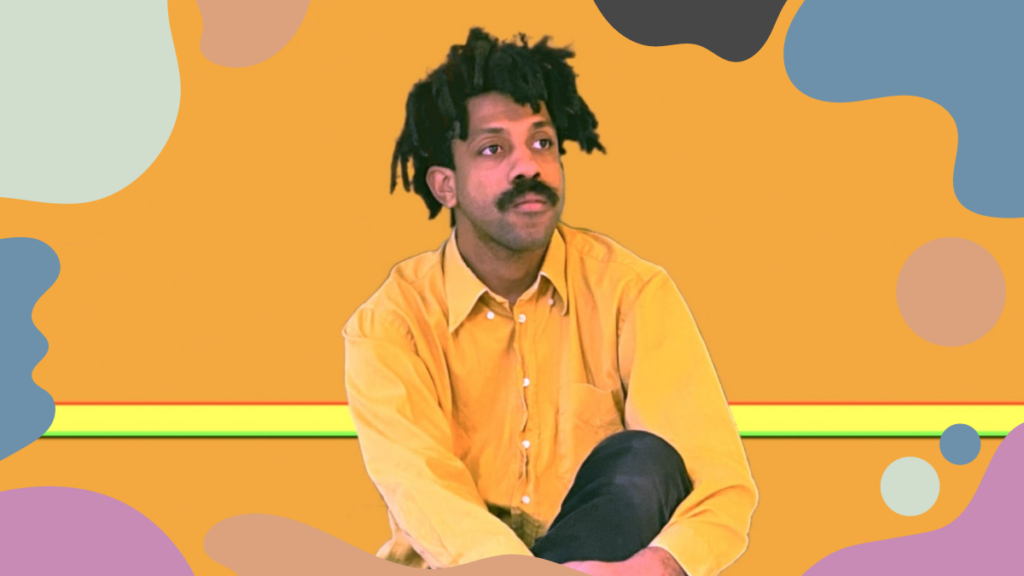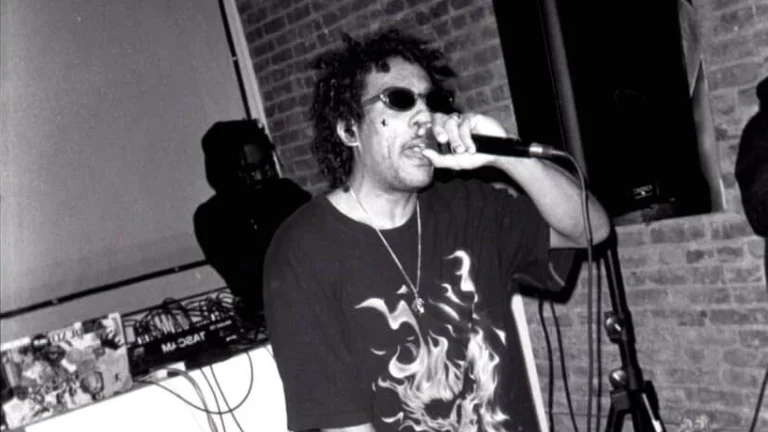Middle Eastern influences on psychedelic rock are nothing new, but for Noon Garden’s Charles Hest, they’re the essential, authentic prism through which the genre is refracted. Hest is a student of the world. The Jamaican-Nigerian multi-instrumentalist was raised on the island of Bahrain before spending stretches of his adult life in Dubai and London as a member of the psychedelic outfit Flamingods. He was bound to pick up some local tricks of the trade along the way.
Flamingods have incorporated a collection of African, Asian, and Middle Eastern instruments across their four albums, creating what feel like transmissions from across the globe in the process. Hest’s debut solo album, Beulah Spa, is just as influenced by the exotic, but it serves as a daydream reminiscence rather than a live testament. It’s less of a record for the road and more for your buffer day between travel and work, flipping through mental snapshots from the comfort of your own backyard.
Beulah Spa accomplishes this worldly nostalgia by fusing Eastern-inspired vocal melodies and 60s psychedelic-influenced guitars with modern, funky synthesizers and danceable drum programming. Whether through the sprawling, hallucinogenic title track, the borderline synth-pop of “Decca Divine,” or the sultry “Villa,” Hest is less concerned with taking you directly to their origin of influence. Its bedroom studio production more so serves to embody a memory, which can capture the most minute detail one moment and be a vague blur of peripheral information and context clues the next.
This contrast of imperfectly vivid remembrance is reflected in the album’s lyricism as well. Hest said in an interview with The National News Beulah Spa is a psychedelia-tinged throughline of his life. While the narrative is not always apparent, he has a knack for evocative imagery. The opening lines to “Desiree” (“Long grass and sugar by the bayside / A tall glass in summer and good wine / Watch it rain down the mountain”) are written like he’s experiencing a photograph, even if there’s no backstory to report. Not every memory is necessarily a story; sometimes we just remember what it was like to inhabit a moment.
That ultimately feels like the heart of this record: unpacking nostalgia for nothing in particular. As distorted as our memories become with the passage of time, we never lose how we felt in the moment. Random images, settings, and conversations bounce around our heads for years, and like Hest’s relationship with his own lyrics, we can find our own interpretations of their significance down the line. Sometimes distance is all we need to find clarity.





